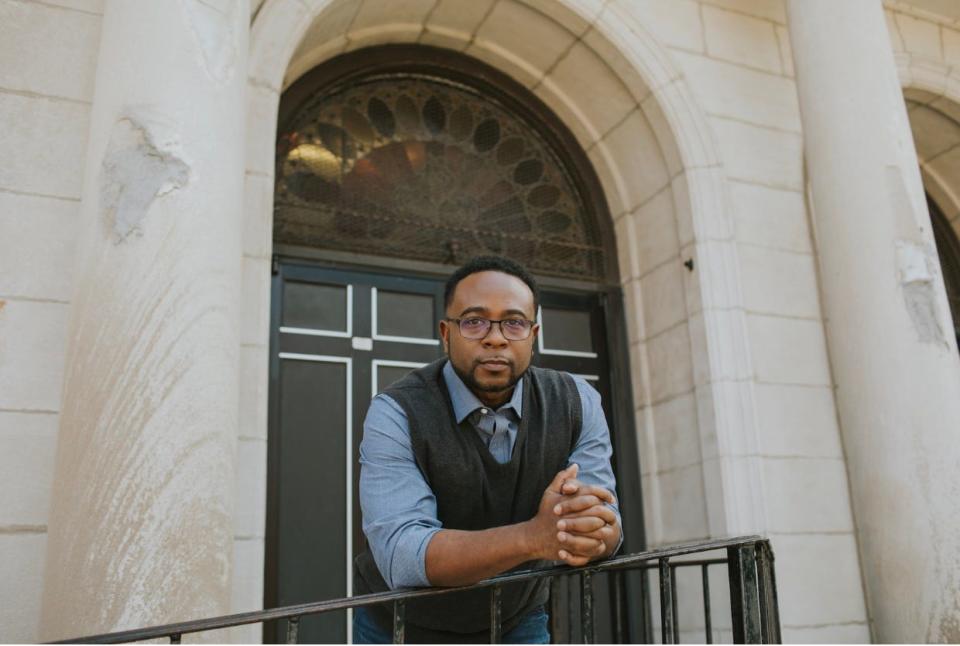'Louteenth' debacle shows missteps in honoring Black history can be learning opportunities
Juneteenth became a national holiday in 2021, marking the first new federal holiday since Martin Luther King, Jr. Day became one back in 1983. Now, Juneteenth — the oldest celebration of Black emancipation from slavery in the country — is celebrated nationwide. No longer strictly confined to a single state (Texas where Juneteenth originated) or a single racial group, everyone throughout the land has an opportunity to commemorate and rejoice in the expansion of freedom.
But Juneteenth becoming a national holiday wasn’t an unadulterated triumph, Black people know how cultural phenomena that originate with us can be co-opted when adopted by other groups. The use and misuse of the word “woke” comes to mind as an example. There is always the looming threat of whitewashing Juneteenth history—sanitizing the past to make it more palatable to fragile egos in the present. But the certain misappropriation of Juneteenth does not have to be all bad. It can also be an occasion for education.
"Louteenth" title drew controversy. Was it warranted?
Recently, a Juneteenth planning committee received backlash for rebranding Juneteenth into “Louteenth.” I know what you’re thinking. “White people got hold of the holiday and are trying to strip it of its connection to slavery and racism. Here we go whitewashing again.” Not this time.
Ricky Jones: Is a commercialized Juneteenth as good as it gets for most Black people?
When I first heard about “Louteenth” on Facebook, I suspected this was not a simple attempt to downplay an unsavory history. I thought a Black person or people might be involved at a leadership level, and I was right. The board chairperson of the Louisville Juneteenth Festival, Juan Lambert, is a Black man who knows the history and recognizes the significance of the holiday to Black people. He and his team were trying to put on a Juneteenth event that felt both universal and particular to Louisville.
After social media backlash to the name change, he released a statement that read: "The renaming of the event was driven by a desire to celebrate and honor the unique cultural heritage and identity of our community. "Louteenth" was chosen as a way to pay homage to both the city of Louisville and the significance of Juneteenth in American history. However, we recognize that the change has caused unintended discord and apologize for any distress it may have caused."
To their credit, the organizers—who are not affiliated with the city government—rescinded the “Louteenth” name and will simply call it the “Louisville Juneteenth Festival.”

Distortion of Black history creates educational opportunities
Every year in myriad ways we will have to deal with some attempt to distort, whitewash or rebrand Juneteenth. It is simply inevitable as millions of people with different motives and experiences try to commemorate the holiday, but these missteps need not be all bad. In fact, they can be valuable opportunities for learning.
While the attempt to rebrand Juneteenth as “Louteenth” stirred up outrage online, it also served as a useful occasion to remind people of the original intent and context of the celebration. If we have the right mind about us, these mistakes do not simply have to be a source of anger but of education.
Juneteenth goes beyond General Granger and should honor our US Colored troops who served
The people of Louisville, and anyone anywhere who pays attention to this episode, will be unlikely to attempt a name change in the near future. That is growth worthy of a brief period of confusion and consternation.
We have to, of course, be discerning. I would offer a far more pointed critique in cases where planners are genuinely trying to soften the story of slavery. I would still hope it turns into a learning experience, but you deal with good faith errors differently than bad faith ones.
Making Juneteenth a national holiday creates an annual ritual that forces us to look again at the history of slavery and freedom in this country so we can continually assess where we’ve come from and where we are going.

Jemar Tisby, PhD is a professor of history at Simmons College of Kentucky. He wrote the bestselling book The Color of Compromise and How to Fight Racism. He writes frequently at JemarTisby.Substack.com.
This article originally appeared on Louisville Courier Journal: Louisville Juneteenth festival name backlash is a learning opportunity
